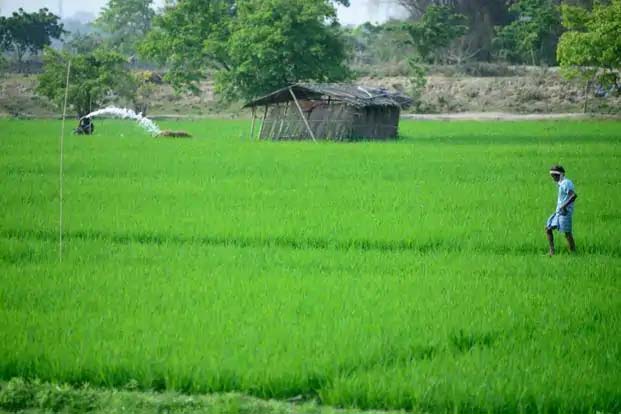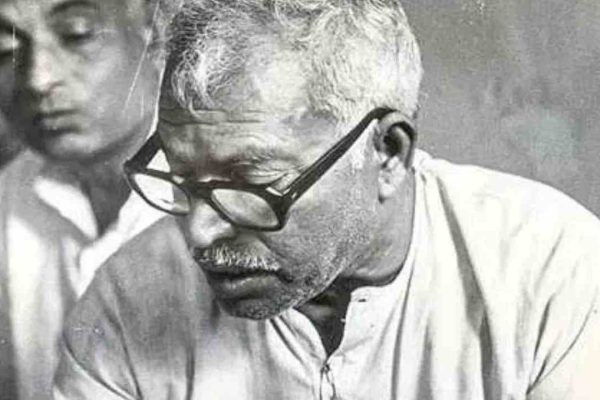The curriculum has been responsible for developing much-needed agricultural skills and encouraging an entrepreneurial mindset
The New Education Policy (NEP) focusses on re-orientation of school and higher education in India and inculcation of research-based studies and innovation in our education. However, the Indian Council for Agricultural Research (ICAR) has already been doing this on the ground for years and hence is in tune with the objectives of the NEP. As part of its focus on innovation and research-based learning, the ICAR-Agricultural University (AU) system, through its network of 74 universities, offers degree courses at the undergraduate level in 11 disciplines with emphasis on learning through hands-on-practice sessions and field experience training.
As desired by the NEP, the postgraduate programmes in 96 disciplines and Ph.D. programmes in 73 disciplines make it multi-disciplinary. The AU system has generated the much-needed scientists, technologists, teachers, researchers, technologies and technology transfer systems to transform India from a “ship-to-mouth” nation to a “right-to-food” one. Much in line with the aspirations of the NEP, the curricula has been responsible for developing much-needed agricultural skills and encouraging an entrepreneurial mindset among the students. They are being inspired to take up self-employment, to sustainably enhance rural livelihood security, and to propel agricultural transformation through science-based policy-options and actions.
The Student READY (Rural Entrepreneurship Awareness Development Yojana) programme ensures hands-on experience and practical training, as does the Entrepreneurship Development and Business Management course. Rigorous implementation of the revised curricula has over the years been benefitting local communities, and promoting technology incubation and dissemination, which is one of the objectives of the NEP. Many new courses have been already introduced by the AUs in emerging fields like Precision Farming, Hi-tech Cultivation, Artificial Intelligence, Mechatronics, Nanotechnology, Food Storage Engineering, Emerging Food Processing Technologies and so on which align perfectly with the recommendations of the NEP. The AUs have developed more than 400 virtual classrooms and e-courses for their undergraduate programmes and are being supported through a centralised Academic Management System and shall be further supported for online classes through the recently-launched “Krishi Megh.” The post-graduate courses, too, are being converted into e-courses in all the streams of agriculture education.
Multidisciplinary universities: The AUs in India are modelled on the US land grant university pattern with integration of education, research and extension and have contributed a great deal to propelling agricultural growth in the country. Agriculture is a multidisciplinary science and AUs are based on the philosophy that the farmers need holistic solutions for their problems. However, in recent years, several domain-specific universities in horticulture, veterinary science and fisheries sciences have been established in various States, which may need to be re-oriented to make them multidisciplinary as per the NEP.
The NEP suggests a four-year Bachelor’s programme with multi-disciplinary education as a preferred option. In the AUs, the curriculum of undergraduates has been designed as a four-year residential programme with more than 15 disciplines. This includes both theory and practical classes. The contents of several courses are designed in such a way that practical classes can be simultaneously conducted matching with the topics of the theory classes.
Attracting talent to agriculture education: About 4,500 scholarships are annually granted by the ICAR to meritorious students selected through its All India Entrance Examination for Admission conducted through the National Testing Agency. The National Scholarship Portal proposed under the NEP shall afford students more such opportunities for stipends, boarding and lodging, and not just waiver of tuition fees. In particular, talented students from rural India, who have been exposed to agriculture during their early years and who have deep interest in farm education, will be further encouraged to build their career in the field of agriculture and allied sectors.
Internationalisation: The ICAR facilitates annual admission of over 250 foreign students from more than 20 countries to various degree programmes. To support their higher studies in India, several programmes/fellowships have been initiated like the Netaji Subhas-ICAR International Fellowship, India-Africa Fellowship and India-Afghanistan Fellowship. The campuses of the existing system of AUs shall immensely benefit from various provisions in the NEP to promote HEIs as global study destination hubs and restore India’s role as a Viswa Guru. Continuous professional development: Teachers will be given constant opportunities for self-improvement and to learn the latest innovations and advances in their profession as per the NEP. This fits in well with the ICAR’s schemes through which about 3,500 faculty from AUs are trained every year for their professional development.
The future: AUs have sufficient land available for experimentation, demonstration of various trials to farmers and training. AUs must develop schemes for adequate resource generation and convert themselves into self-governing institutions, which is reflected in the NEP. The AUs need to attain the highest global standards in quality agriculture education through linkages with global universities and provide platforms for research and innovation in frontier areas of research, greater industry-academic linkages and interdisciplinary research, including humanities and social sciences. The universities also need to make provisions of multiple entry and exit systems in their undergraduate programmes. These reforms shall help in meeting the challenges of Global Green Economy, Knowledge Economy, Global Zero Hunger Challenge, Sustainable Development Goals, 2030, and International Agriculture and Development Challenge, 2050.
(Mohapatra is Director-General and Agrawal Deputy Director-General, Indian Council of Agricultural Research)








 OpinionExpress.In
OpinionExpress.In















Comments (0)